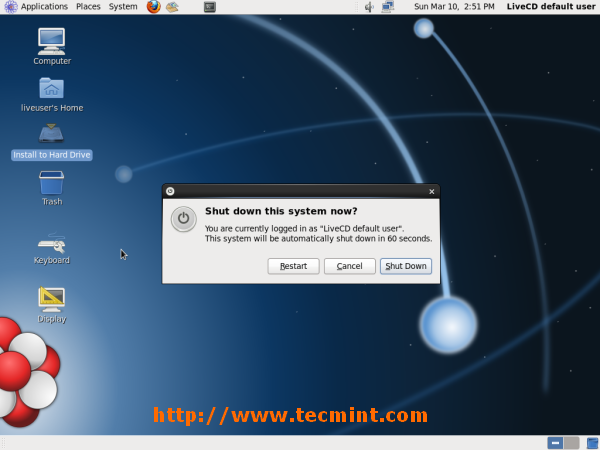

As a consequence timestamps on a FAT filesystem touched by the Linux system will be in UTC. To avoid it systemd will only synchronize back, if the hardware clock is set to UTC and keep the kernel uninformed about the local timezone. Hence, having the hardware clock using localtime may cause some unexpected behavior during the boot sequence e.g system time going backwards, which is always a bad idea ( there is a lot more to it). Later, the system clock is set again from the hardware clock by systemd, dependent on values in /etc/adjtime. If this does occur, at this point in the boot sequence, the hardware clock time is assumed to be UTC and the value of /sys/class/rtc/rtc N/hctosys (N=0,1,2.) will be set to 1. Whether this occurs depends on the hardware platform, the version of the kernel and kernel build options.
#LINUX SETDATE UPDATE#
These generate /etc/adjtime automatically and update the RTC accordingly no further configuration is required.ĭuring kernel startup, at the point when the RTC driver is loaded, the system clock may be set from the hardware clock.

To revert to the hardware clock being in UTC, type: To change the hardware clock time standard to localtime, use: $ timedatectl | grep local RTC in local TZ: no You can see the current hardware clock time standard of the Arch system using: The hardware clock can be queried and set with the timedatectl command. Otherwise, if the hardware clock is set to localtime, more than one operating system may adjust it after a DST change for example, thus resulting in an over-correction problems may also arise when traveling between different time zones and using one of the operating systems to reset the system/hardware clock. If multiple operating systems are installed on a machine, they will all derive the current time from the same hardware clock: it is recommended to set it to UTC to avoid conflicts across systems. An OS that uses the UTC standard will generally consider the hardware clock as UTC and make an adjustment to it to set the OS time at boot according to the time zone.
#LINUX SETDATE WINDOWS#
By default, Windows uses localtime, macOS uses UTC, other UNIX and UNIX-like systems vary. The standard used by the hardware clock (CMOS clock, the BIOS time) is set by the operating system. Though conceptually different, UTC is also known as GMT (Greenwich Mean Time). The localtime standard is dependent on the current time zone, while UTC is the global time standard and is independent of time zone values. There are two time standards: localtime and Coordinated Universal Time ( UTC).

Sets the time to May 26th, year 2014, 11:13 and 54 seconds. # timedatectl set-time "yyyy-MM-dd hh:mm:ss" To set the local time of the system clock directly: To check the current system clock time (presented both in local time and UTC) as well as the RTC (hardware clock): The Linux kernel keeps track of the system clock by counting timer interrupts. After boot-up has completed, the system clock runs independently of the hardware clock.

The initial value of the system clock is calculated from the hardware clock, dependent on the contents of /etc/adjtime. It is calculated by the Linux kernel as the number of seconds since midnight January 1st 1970, UTC.
#LINUX SETDATE SOFTWARE#
the software clock) keeps track of: time, time zone, and DST if applicable. See hwclock(8) § The Adjtime File for more information on this file as well as the #Time skew section. Additionally it updates /etc/adjtime or creates it if not present. The following sets the hardware clock from the system clock. Only 2016, or later, UEFI firmware has the ability to store the timezone, and whether DST is used. the Real Time Clock (RTC) or CMOS clock) stores the values of: Year, Month, Day, Hour, Minute, and Seconds.


 0 kommentar(er)
0 kommentar(er)
